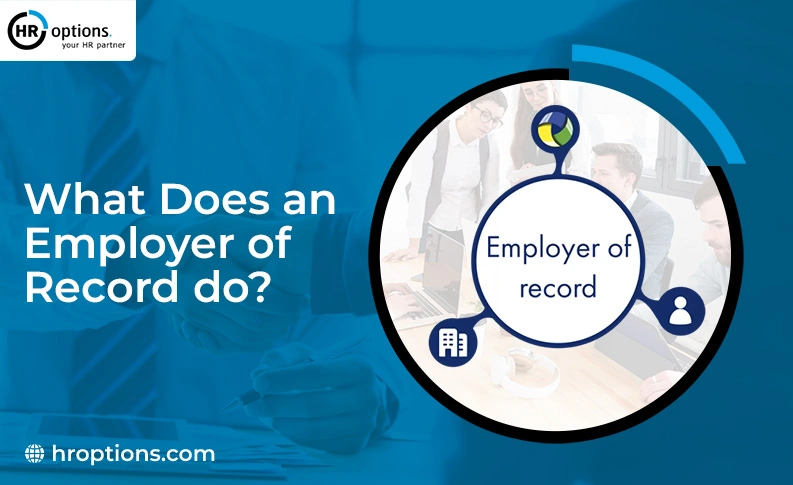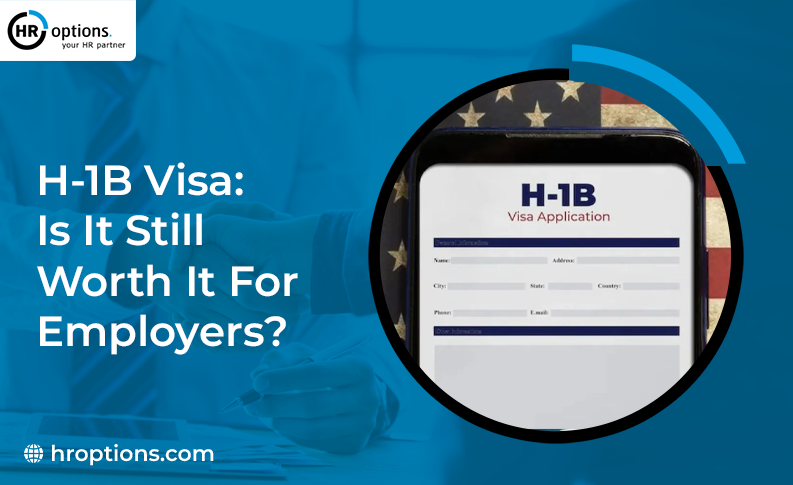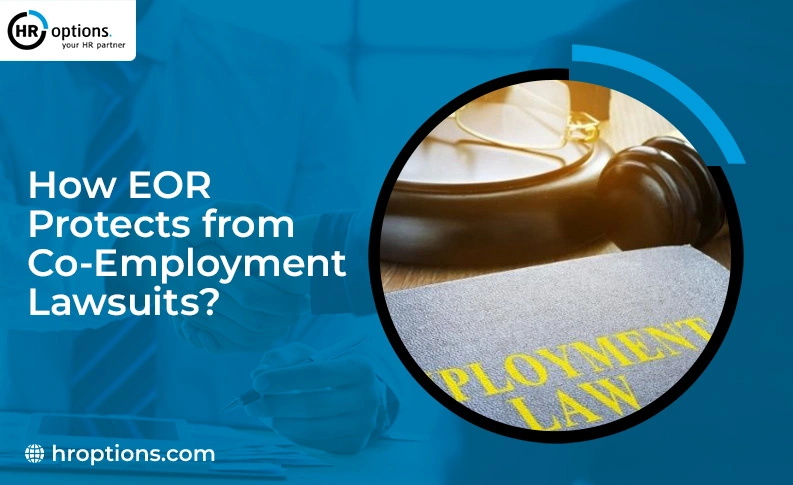Ask anyone running a company what slows them down and they’ll probably say “the paperwork.” Hiring, taxes, contracts, and payroll all pile up. That’s where an Employer of Record, or EOR, fits in. They step in as the official employer on paper, while you still call the shots day-to-day. Some business owners use them to get payroll handled without stress. Others lean on them for global hiring, compliance, or benefits management. The role is broader than most people realize. An EOR can untangle legal risks, maintain organized employee records, or simply help you expand into a new market without bureaucratic red tape.
Responsibilities of an Employer of Record
It’s one thing to call an EOR a partner, but what does that partnership include in practice? The answer covers a surprising range of duties. Here are ten of the most essential tasks an EOR takes on.
1. Manages Hiring and Onboarding
The first impression matters. An EOR sets it up by preparing offer letters, contracts, and background checks. They make sure nothing is missed. No forgotten tax form, no unsigned policy. Onboarding flows smoothly so employees feel welcomed, and the company sidesteps costly mistakes. Instead of shuffling papers, managers can focus on training.
2. Handles Payroll and Taxes
Paychecks shouldn’t come with complications. EORs handle calculations, deductions, and deposits like clockwork. They also file payroll taxes with the right agencies, so there’s no chasing after deadlines. Workers know their pay is reliable, and employers know their books are clean.
3. Ensures Labor Law Compliance
Laws change, sometimes quietly, sometimes overnight. An EOR stays on top of them, whether it is the minimum wage rules, working hours, or safety codes. Instead of hiring a legal team in every location, you lean on the EOR. That’s the insurance policy: staying compliant without burning through time or money.
4. Provides Benefits Administration
Benefits administration can challenge even experienced HR teams. Health insurance enrollment, retirement contributions, time-off tracking, an EOR manages it all. Employees get access to programs they trust, often at rates smaller firms couldn’t secure alone. For staff, it feels supportive; for leadership, it’s one less administrative headache cluttering up the week.
5. Reduces Employer Risk and Liability
Employment comes with landmines. Misclassification, wrongful termination claims, and late filings can each trigger costly consequences. An EOR, as the official employer, absorbs much of that risk. You don’t dodge responsibility, but you do have a buffer. That peace of mind is priceless.
6. Expands Access to Skilled Workers
Finding skilled people can be a bottleneck. Welders, engineers, IT staff; whatever the role, an EOR’s recruiting networks widen the search. They bring talent from pools you may not even know existed. Positions get filled faster, skill gaps close, and the factory floor or office hums without unnecessary downtime.
7. Supports Global Expansion
Hiring in another country usually means setting up a legal entity – months of waiting, lawyers, and bureaucracy. EORs cut that time down from months to days. They can hire abroad immediately, handling contracts and payroll locally. For businesses testing new markets, that speed can be the difference between seizing an opportunity and missing it.
8. Adapts to Staffing Needs
Some months you need double the hands; others, barely half. An EOR makes scaling up or down simple. No need to rebuild HR systems or draft fresh contracts. Seasonal surges, trial projects, or sudden slowdowns: staffing adjusts without dragging leadership into endless admin reshuffling.
9. Manages Employee Records
Every worker generates a trail of documents. Contracts, reviews, tax forms, benefit enrollments, and disorganization can create compliance risks. EORs store and organize those records so they’re audit-ready and accessible. When the inevitable “Do you have that form?” moment arrives, the answer is yes, and it’s already filed.
10. Provides Ongoing HR Support
Questions never stop once people are hired. Someone needs clarification on time-off policies; another wants help understanding benefits. Instead of overwhelming internal HR teams, an EOR manages these daily requests. Employees get consistent answers, and leaders aren’t derailed by constant interruptions. As a result, morale improves, and so does retention.
Conclusion
The role of an Employer of Record extends across every part of workforce management. They make hiring smoother, payroll steadier, and compliance less nerve-wracking. They take on liability, manage benefits, and keep employee files organized. Global hiring becomes possible without mountains of red tape, and staffing flexes without internal disruption. Add the ongoing HR support, and you’ve got employees who feel taken care of and leaders free to focus on growth, production, or strategy. In short, an EOR lifts the weight of administration so businesses thrive.
Want to learn more? Feel free to contact HR Options.








